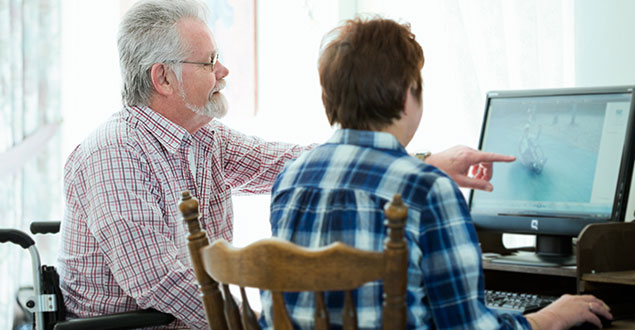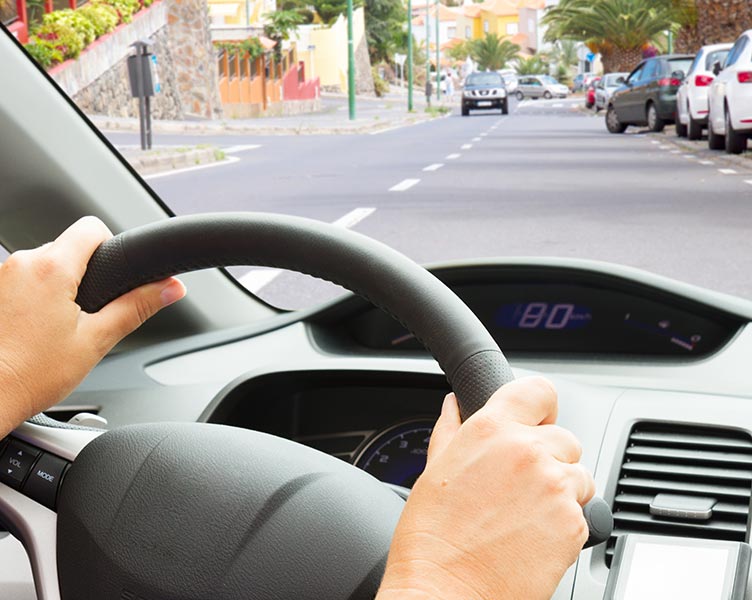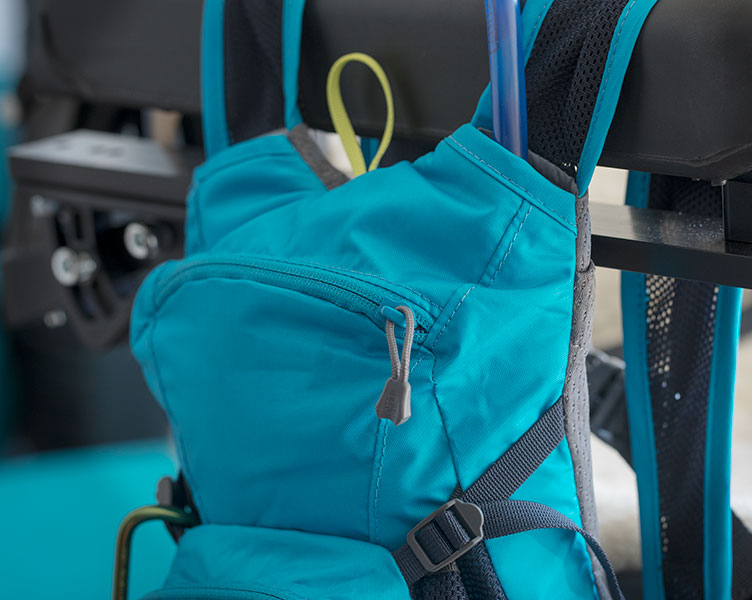Randal: I generally have either a 10 or a 12-hour shift and during those shifts, I have catheters in my work bag or in my pocket. I then have a toilet that I can go into and clean my hands properly. I take some wipes to work in a zip lock bag, have a wipe down and then pass the catheter. Discreet, no one knows and I'm back at my work within no time.
How to schedule catheterization
You could link your intermittent catheterization schedule to regular events throughout the working day, for example, regular meetings or your coffee and lunch breaks.
Bring enough supplies
Make sure you take enough catheters to work every day. We also recommend keeping spare catheters at work or in your car if you use one for going to work. Compact catheters fit easily into your pocket, so you don’t need to bring a bag to the toilet. However, it’s a good idea to pack a "smart kit" in case you have a leak, when you are away from home. Find ideas for relevant items.

Limit coffee or other caffeine drinks at work
It’s common to sip coffee or water all day. Limit caffeine beverages, as they will make you go more often. You should still aim to drink 1.5 liters of fluids per day (unless limited by a medical condition or instructed otherwise by your healthcare provider), but keep track of how much you drink at work so you can time your catheterizations accordingly.
Bring an extra change of clothes
With good routines you will minimize the risk of having accidents both at work and anywhere else. Should it happen anyway, wearing dark clothes will make it less visible for others. It is also a good idea to keep spare clothes at work or in your car.
Keep a glass of water near you…if you have a urine leak, just act a little clumsy and spill some of the water on your lap… no one will know the difference!
These are general guidelines meant to help you with typical questions. You should follow the specific instructions provided by your healthcare provider and the intermittent catheterization solution you are using.



